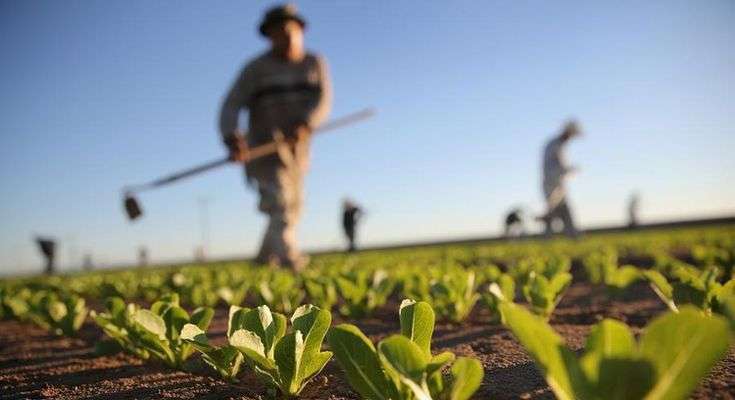A group of researchers have declared 2022 a year of hunger and have called on nations to rethink how their food is produced and distributed.
According to the researchers, global wheat prices have soared since Russia invaded Ukraine in February. That means many low-income nations that are net food importers are bracing for a year of hunger, the researchers revealed.
Climate change has already cut global average agricultural production by at least one-fifth worldwide. Food insecurity often translates to widespread social unrest, as seen in the 2011 Arab Spring protests after significant food price rises.
Climate change, conflict, and food security will keep rising
The world’s current 1.2℃ of global warming has already slashed the world’s average agricultural production by 21 percent. To date, rich countries have not seen much effect. But the rest of the world has. In Africa, Central and South America, food insecurity and malnutrition have risen sharply due to floods and droughts damaging crops.
In 2022, a war between two nations directly influences global food, fuel, fertilizer supplies, and prices. As the world warms and its agricultural systems begin to fail in some areas, it is a certainty that climate, food insecurity, and war will combine to produce more suffering.
The pandemic comes on top of climate change-linked weather events disrupting food supply due to unprecedented bushfires, floods, and prolonged drought.

What can be done?
For many in Ukraine, other conflict zones, and refugee camps, life becomes a question of knowing how and when the next meal will come.
Knowledge about food is critical to resilience: food production and preserving skills, diversity of edible weeds and foraging opportunities, how supply chains work, and the consequences of trading food in the face of hunger.
Professor Nenad Naumovski advised that “to build resilience in the face of these intensifying and overlapping threats, we must move away from our current dependence on wheat, corn, and rice and focus on plant species since about a dozens of them supply mankind’s needs.”
Nenad Naumovski, Associate Professor in Food Science and Human Nutrition from Canberra, further mentioned, “If we embed more equitable and resilient food systems, we will be better placed to adapt to climate change already locked in previous emissions and dampen the sparks of conflict. He noted that improving the way we produce food can also help us tackle climate change and biodiversity loss,” he noted.
Shawn Somerset, Professor of Public Health from the University of Canberra, advised that African countries should develop an interest in urban food production, efforts to reimagine distribution, regenerative agriculture, and technological innovations on farms.
These changes can shorten supply chains and increase food diversity and resilience, he stated, adding that producing food closer to home reduces the risk of food insecurity linked to climate change, war, and other disruptions.
“Climate change is an excellent risk multiplier, worsening all existing global crises. We have a real opportunity and need to rethink how we produce and distribute the food we rely on,” said Shawn Somerset.
READ ALSO: Met Gala 2022: Best Fashion Styles























